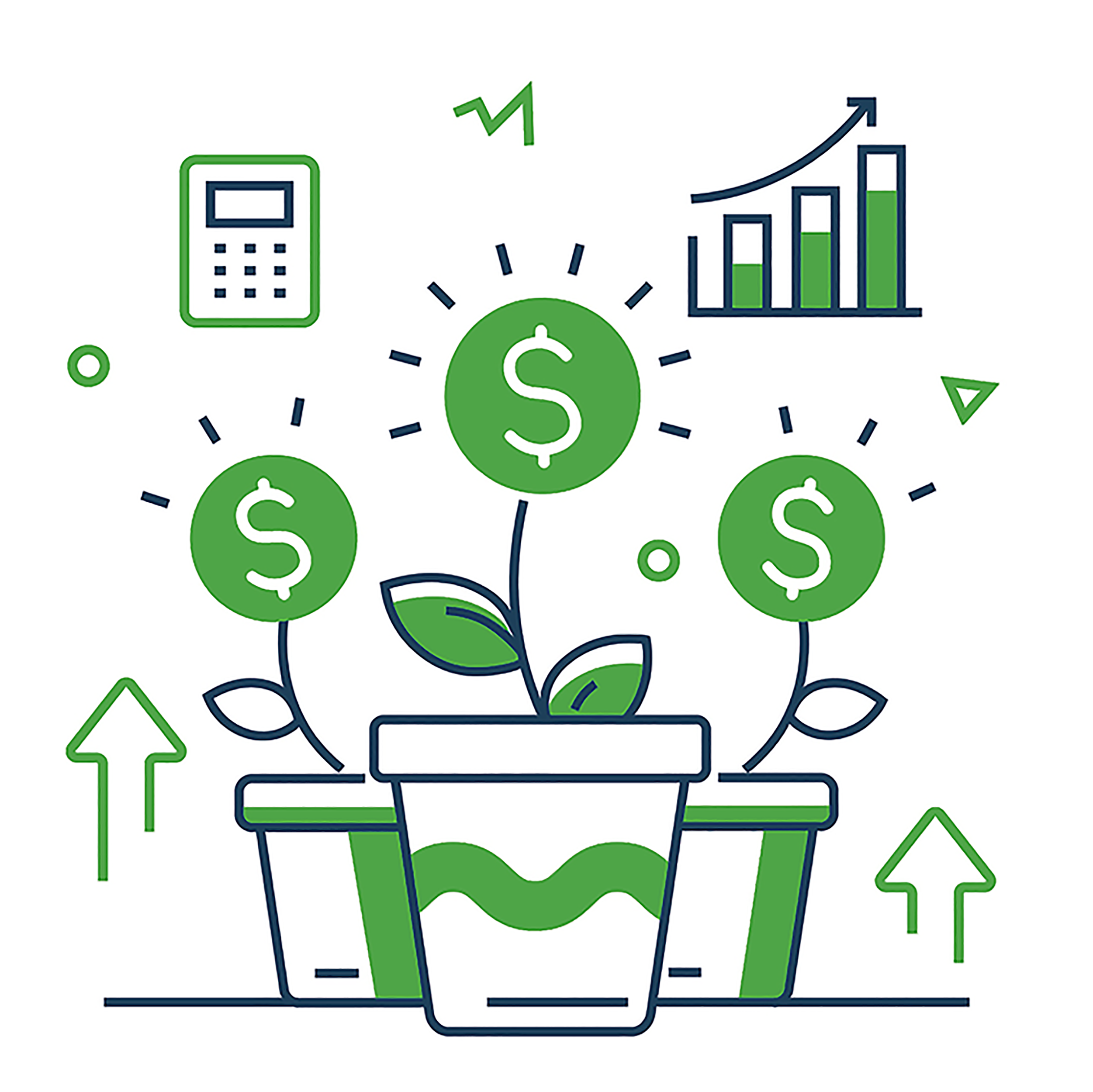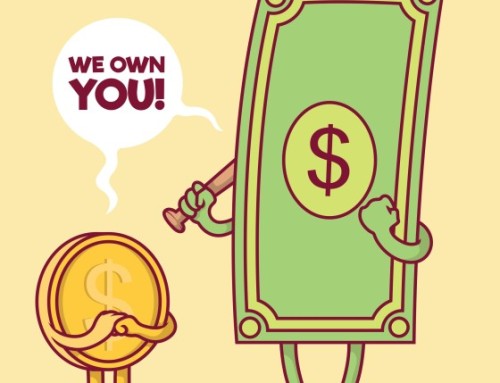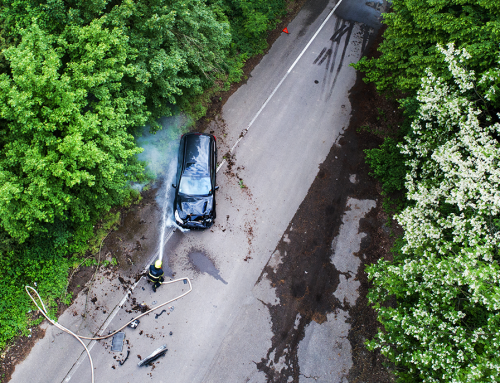Peace of Mind is Possible on the Money Journey
Money is one of those things we should have control of, yet so many people on their money journey live paycheck to paycheck. There’s a way out of debt, but most people hate to talk about a dreaded word: budget. Yes, the B word. The best way to control your money is to keep track of it, see your spending habits, and decide whether you want to continue on that path. The hardest part? Deciding to go without for now so you can enjoy the future. If you can relate, these tips can help gain control and some peace of mind.
- List your bills in order of most important to least important. The average list might look something like this: Rent, utilities, car payment, gas money, food (groceries, eating out, coffee), extra bills (car insurance, subscriptions), and debt. Document what you spend for a whole month. It’s eye-opening to see what you normally spend, and it can give you some ideas on where you want to cut back.
- Now comes the hard part. Start adjusting. Generally, your rent or mortgage shouldn’t be more than a third of your income. If it is, consider downsizing. Another adjustment is looking for ways to conserve. For example, is your car a gas guzzler? Trade it in for an economical car and possibly bring down your car payment. For me, it’s been a relief to put $20 worth of gas in my car versus $60.
- Most people overspend on food. The best solution is to eat in. Make a menu of your meals for the week using the things you already have and then pick up only what you need. Things don’t have to be fancy to be delicious. Pay attention to prices and leave the expensive stuff for special occasions.
- If you’re anything like me, you’ll subscribe to something and then forget all about it. Every month, you have these silent accounts siphoning money out of your account. Look at your transactions and decide what you need to cancel. Are you really using that gym membership? Do you need to keep HBO now that Game of Thrones and Outlander are over?
- When it comes to debts, list them out along with their payments (exclude your car payment and mortgage for this step). If the debt payments are too high, consider a consolidation loan. You could also adopt a debt-snowball technique. List your debt from lowest to highest, and make the minimum payment on all debts except for the lowest one. On that one, pay extra (as much as you can) so that it’s paid off more quickly. When done, pay extra on the next loan using the payment amount from the loan you just paid off. Keep going, paying debt off more aggressively on each one. Your debt will drastically decrease, and it will feel good watching your debts fall off the list.
- Finally, set up an emergency fund. Your car breaks down. You lose your job. Things happen. Think of how good it would feel if you already had money set aside and your only stress is to refund the emergency fund? Start off small and slowly add to it. Once you’ve paid off a majority of your debt, you can start putting more of your money into your emergency fund. Ideally, you should have 3-6 months of income saved up. That can feel overwhelming. For now, just put $20 every paycheck into a savings account. Once you’ve accumulated $500, start looking into money market accounts. That way, you accumulate interest while still depositing money into it. You’ll increase your savings while still having access to your funds if needed.
Building or repairing a financial foundation isn’t easy but it establishes a solid and steady future. You eventually reach a point where you can coast on your money journey and just enjoy the ride.
by Peri Hussein





